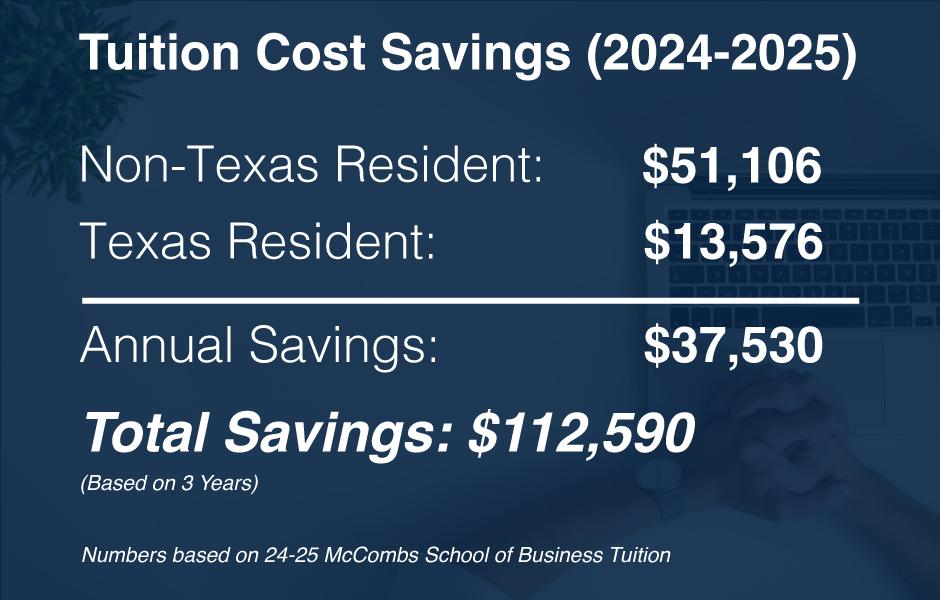Texas Revokes In-State Tuition Benefits for Undocumented Students: A New Chapter in Education Policy
Overview of Texas’ Policy Shift on Tuition for Undocumented Students
Texas has recently enacted a pivotal policy change that removes in-state tuition privileges for undocumented students attending public higher education institutions. This adjustment marks a departure from previous regulations that allowed these students to pay significantly reduced tuition fees, aligning with in-state residents. The alteration is poised to affect thousands of young Texans who have relied on affordable tuition to access college education. Both advocates and critics are closely monitoring the consequences of this decision, which could reshape educational opportunities and economic prospects for undocumented youth in the state.
The ramifications of this policy are extensive, including:
- A projected increase in tuition fees by approximately three to four times for undocumented students.
- Universities needing to revise financial aid offerings and enrollment forecasts.
- Community groups mobilizing to fill the funding gap through scholarships and support programs.
Educational experts warn that this change may exacerbate existing disparities in academic achievement and urge lawmakers to consider the long-term effects on Texas’s workforce and economic vitality.
| Category | Previous Tuition Status | Current Tuition Status |
|---|---|---|
| Undocumented Students | Eligible for In-State Tuition | Required to Pay Out-of-State Tuition |
| Legal Texas Residents | Eligible for In-State Tuition | No Change |
| Out-of-State Students | Charged Out-of-State Tuition | No Change |
Consequences for Higher Education Access and Enrollment Patterns
The revocation of in-state tuition for undocumented students is anticipated to create significant obstacles for a group that has historically depended on affordable education to advance academically and professionally. This policy shift is likely to impose financial hardships that could deter many from enrolling in Texas’s public universities and colleges.
Data from states with similar policies indicate a potential decline in enrollment among undocumented students, which may also affect campus diversity and inclusivity. The table below illustrates projected enrollment changes based on these trends:
| Enrollment Group | Enrollment Before Policy | Projected Enrollment After Policy |
|---|---|---|
| Undocumented Students | 15,000 | 7,500 |
| Minority Student Enrollment | 60,000 | 56,000 |
| Out-of-State Students | 30,000 | 32,000 |
- Escalating tuition fees may push students toward alternative education options such as community colleges or online degree programs.
- Financial aid providers might reduce funding availability for undocumented students, further limiting access.
- Universities could experience demographic shifts that impact campus culture and diversity initiatives.
Financial and Legal Challenges for Students and Educational Institutions
The elimination of in-state tuition for undocumented students imposes considerable financial burdens on both the students and the institutions they attend. Tuition rates for out-of-state students are typically two to three times higher than in-state fees, making college unaffordable for many undocumented individuals. This financial strain risks increasing dropout rates and widening educational inequities.
Institutions face their own set of challenges, including potential declines in enrollment revenue and increased administrative costs related to compliance with the new regulations. Additionally, legal complexities may arise as advocacy groups challenge the policy, potentially leading to litigation and policy revisions.
- Students: Higher tuition fees, reduced access to scholarships, and increased risk of discontinuing education.
- Colleges and Universities: Loss of tuition revenue, increased compliance costs, and reputational risks.
- State Education Authorities: Challenges in budget management and enforcement of new policies.
| Stakeholder | Financial Impact | Legal Concerns |
|---|---|---|
| Undocumented Students | Tuition increases up to 3x | Eligibility for financial aid and scholarships |
| Educational Institutions | Decline in enrollment revenue | Compliance with new laws and potential lawsuits |
| State Education Boards | Budget reallocation difficulties | Enforcement and legal scrutiny |
Strategic Recommendations for Policymakers and Community Advocates
To foster equitable access to higher education, policymakers should consider reinstating in-state tuition rates for undocumented students and expanding targeted financial aid programs. Legislation must be paired with clear directives to ensure educational institutions maintain inclusive, non-discriminatory environments while providing tailored support services such as academic counseling, legal aid, and language assistance.
Community organizations and universities can bolster these efforts by developing mentorship initiatives that connect undocumented students with successful role models who have overcome similar challenges. Awareness campaigns aimed at families can also increase knowledge of available resources. Collaborative partnerships between public agencies and grassroots groups are essential to creating comprehensive support networks that enhance student retention and academic achievement.
Looking Ahead: Navigating the Future of Education and Immigration in Texas
The recent decision by Texas to rescind in-state tuition eligibility for undocumented students signals a profound transformation in the state’s educational policy landscape. As debates surrounding immigration and educational equity continue, this change is expected to have lasting effects on students, institutions, and communities statewide. Stakeholders remain attentive to forthcoming implementation details and potential legal disputes, highlighting the ongoing complexities at the intersection of immigration and education policy in Texas.
—-
Author : Victoria Jones
Publish date : 2025-10-06 13:27:00
Copyright for syndicated content belongs to the linked Source.
—-
1 – 2 – 3 – 4 – 5 – 6 – 7 – 8













